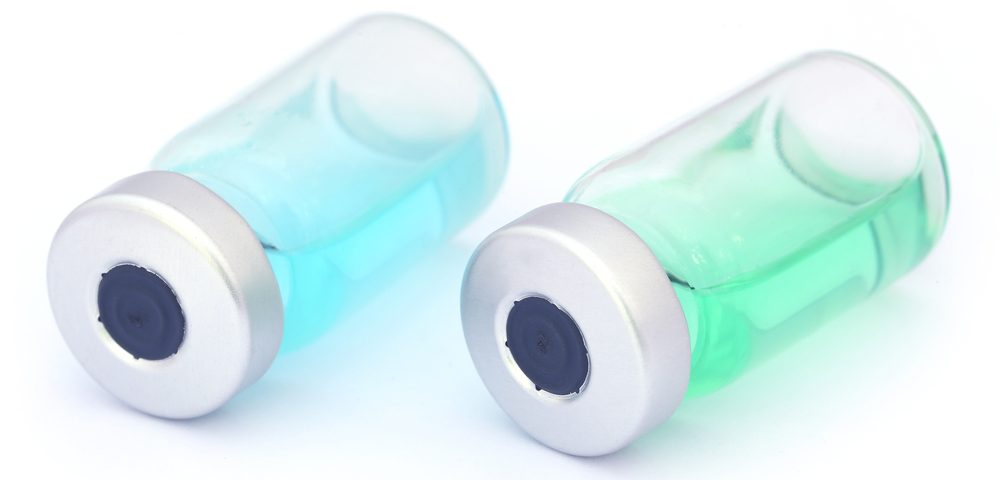Switching Crohn’s disease patients from Remicade (infliximab) to its biosimilar Inflectra has no negative impact to treatment safety or effectiveness, a Phase 3 clinical trial shows.
Pfizer and Celltrion Healthcare jointly presented those trial results at the 25th United European Gastroenterology (UEG) Week, Barcelona, Spain.
A biosimilar is a medicine highly similar to another, already approved, medicine (the “reference medicine”). In this case, Remicade is the reference medicine and Inflectra (infliximab-dyyb) – known in Europe as Inflectra (infliximab CT-P13) – is the biosimilar.
The Phase 3 study (NCT02096861) was a randomized, double-blind, parallel-group trial that recruited 220 patients with active Crohn’s disease, set out to compare the overall safety and effectiveness between Inflectra and Remicade after one year (54 weeks) of treatment.
The primary objective of the study was to determine Inflectra’s effectiveness using the Crohn’s disease Activity Index (CDAI)-70 response rates at six weeks of treatment. At that point, the data showed that Inflectra is as effective as Remicade in the treatment of Crohn’s disease.
Then researchers evaluated patient outcomes after week 30, when patients were assigned randomly to either continue their course of treatment – either Remicade or Inflectra – or switch to the other therapy: Remicade patients switched to Inflectra, and those on Inflectra switched to Remicade.
The results showed that treatment safety and effectiveness were comparable between patients maintained on Inflectra or Remicade compared to those who switched treatments.
“The data announced today show that 24 weeks (six months) after switching from REMICADE to the Infliximab biosimilar CT-P13, patients with Crohn’s disease continue to experience similar efficacy, safety and tolerability compared to staying on REMICADE,” Stephen B Hanauer, MD, said in a press release. Hanauer is professor of Medicine-Gastroenterology and Hepatology, Feinberg School of Medicine, at Northwestern University, in Chicago, Illinois.
Hanauer added: “These data support previous findings which demonstrate the importance of CT-P13 as a treatment option for patients with Crohn’s disease, providing healthcare professionals further confidence when stable patients switch to CT-P13 from Remicade.”
“These new data add to the considerable body of evidence, including real-world studies and the NOR-SWITCH trial, for the switching of stable patients to Inflectra,” said Sam Azoulay, MD, senior vice president and chief medical officer, Pfizer Essential Health.
“Today’s announcement further highlights Pfizer’s commitment to biosimilars and provides additional evidence supporting use of Inflectra in Crohn’s disease,” Azoulay said.

